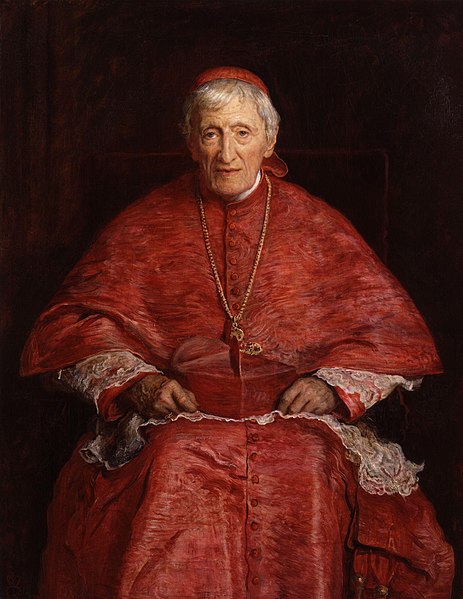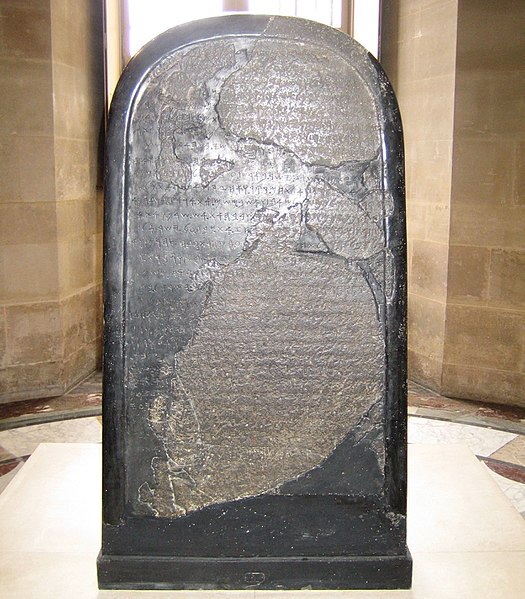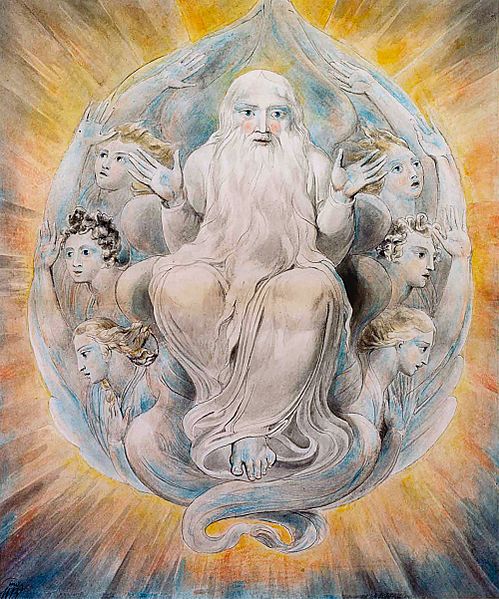The argument from morality is an argument for the existence of God. Arguments from morality tend to be based on moral normativity or moral order. Arguments from moral normativity observe some aspect of morality and argue that God is the best or only explanation for this, concluding that God must exist. Arguments from moral order are based on the asserted need for moral order to exist in the universe. They claim that, for this moral order to exist, God must exist to support it. The argument from morality is noteworthy in that one cannot evaluate the soundness of the argument without attending to almost every important philosophical issue in meta-ethics.
Portrait of Immanuel Kant, who proposed an argument for the existence of God from morality
Portrait of John Henry Newman, who used the conscience as evidence of the existence of God
In monotheistic belief systems, God is usually viewed as the supreme being, creator, and principal object of faith. In polytheistic belief systems, a god is "a spirit or being believed to have created, or for controlling some part of the universe or life, for which such a deity is often worshipped". Belief in the existence of at least one god is called theism.
The Mesha Stele bears the earliest known reference (840 BCE) to the Israelite God Yahweh.
Thomas Aquinas summed up five main arguments as proofs for God's existence (painting by Carlo Crivelli, 1476).
Isaac Newton saw the existence of a Creator necessary in the movement of astronomical objects (painting by Godfrey Kneller, 1689).
God Blessing the Seventh Day, 1805 watercolor painting by William Blake






